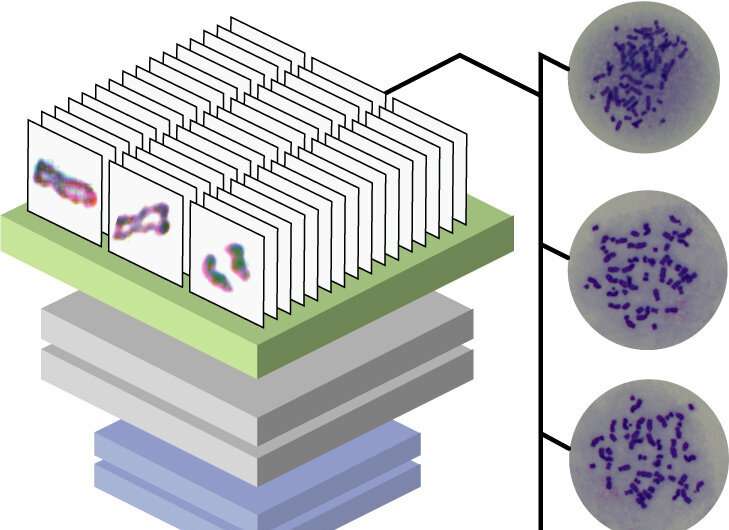Chromosome Segregation Errors as a Cause of DNA Damage and Structural Biology Diagrams Chromosome cohesion is established during S phase (when the chromosomes are replicated) and is then dissolved completely in metaphase to allow sister chromatids to come apart. The dissolution of cohesion is highly regulated; human cell lines that have defects in the regulation of cohesion show the hallmarks of cancer cells .

Aneuploidy is a recurring hallmark in many cancer types, and abnormalities in chromosomal cohesion and separation have been identified as significant contributors to various cancers, such as acute myeloid leukemia, myelodysplastic syndrome, colorectal, bladder, and other solid cancers. Hirano T. Chromosome cohesion, condensation, and

Sister Chromatid Cohesion, Chromosome ... Biology Diagrams
After mitotic shake-off to remove any cells in mitosis, cells were treated with colcemid and chromosome spreads were stained with DAPI and scored for the percentage of chromatids displaying cohesion defects (n = 50 per treatment). Chromosomes from ATRX-depleted cells showed reduced cohesion compared with control-treated cells. (D) Microscopic

We further conclude that aberrant RAD21 expression is a strong candidate to underlie aberrant cohesion, chromosome instability and contribute to the development of the disease. Our findings support a growing body of evidence suggesting that cohesion defects and aberrant RAD21 expression are pathogenic events that contribute to tumor development. First, sister chromatids are resolved from each other while both sister chromatid cohesion and DNA catenation are removed (sister chromatid resolution). Second, each chromatid is folded both axially and laterally (chromosome folding). We found that, whereas 16% of NCAPD2-Cer control cells showed defects in chromosome segregation (categories

Structural Chromosome Instability: Types, Origins, Consequences, and ... Biology Diagrams
Defects in sister chromatid cohesion or cohesion dissolution will lead to aneuploidy and chromosome instability (CIN). Mutations or misregulation of cohesin subunits, or cohesion-related genes have been implicated in cancers, cohesinopathies, neurological diseases and aneuploid oocytes observed in maternal ageing.
